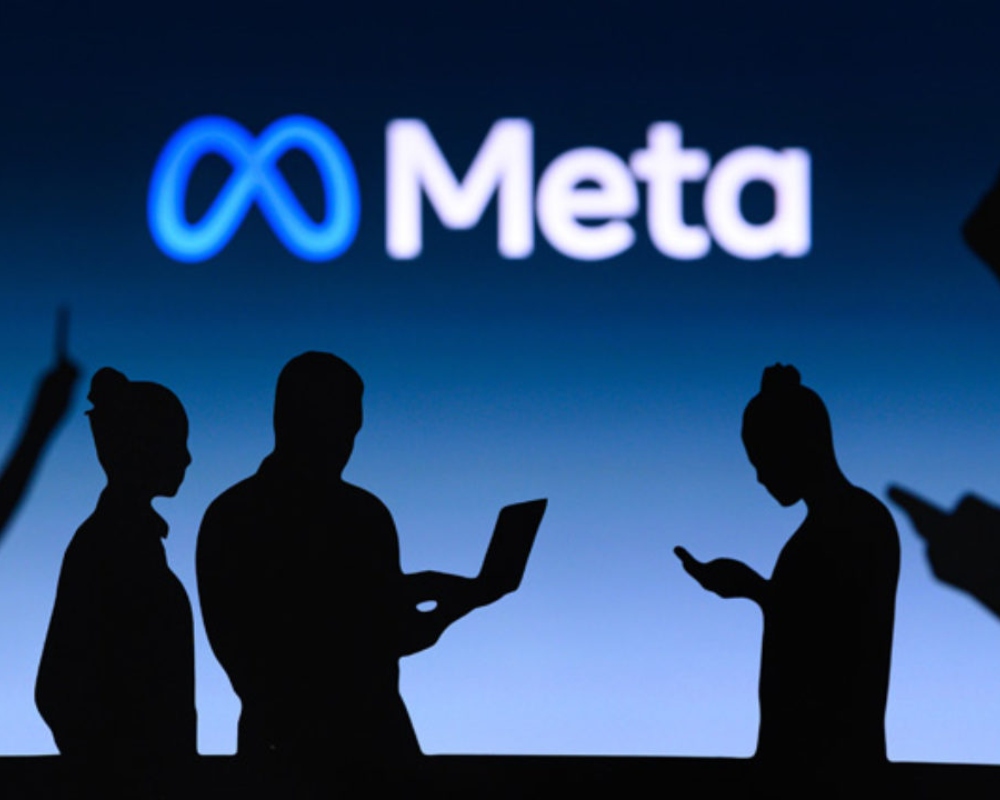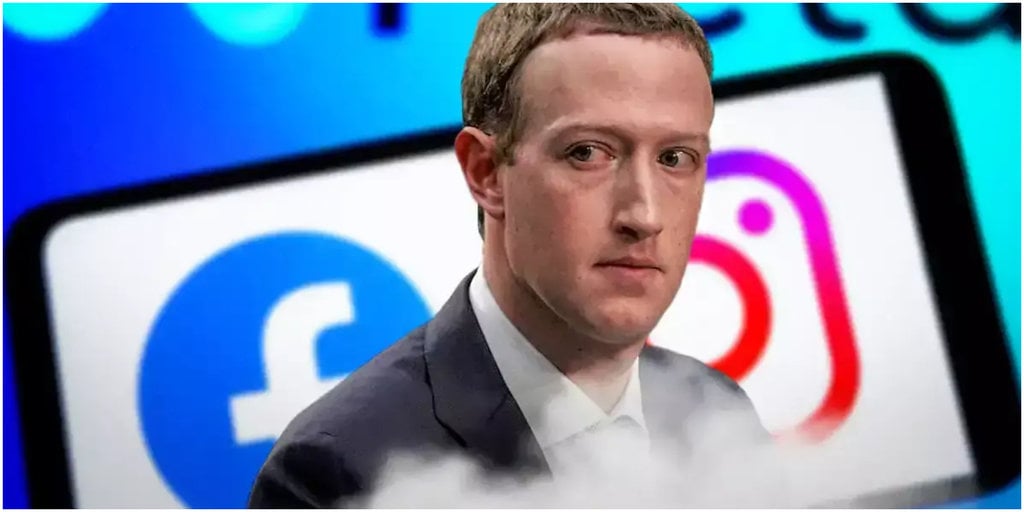Understanding the Impact of the Facebook and Instagram Outage
The recent global outage of Facebook and Instagram sent shockwaves through the digital realm, leaving millions of users disconnected and prompting questions about the stability of the world’s largest social media platforms. As users grappled with the sudden disruption to their online lives, attention quickly turned to the financial repercussions of the outage, particularly for Facebook’s CEO, Mark Zuckerberg. According to reports, Zuckerberg’s personal wealth took a significant hit during the outage, with estimates suggesting losses in the billions. As shares of Meta Platforms Inc., the parent company of Facebook and Instagram, plummeted in the wake of the outage, Zuckerberg’s net worth experienced a sharp decline.

Analysts attribute Zuckerberg’s losses to various factors, including the reliance of Meta Platforms Inc. on advertising revenue generated through its social media platforms. With Facebook and Instagram offline for several hours, advertisers were unable to reach their target audiences, resulting in potential revenue losses for the company and its shareholders.
Moreover, the outage raised concerns about Meta’s infrastructure and its ability to withstand future disruptions. As users and investors alike questioned the reliability of the platform, Meta faced mounting pressure to address the underlying issues and restore trust among its user base.
The Implications of Facebook’s Outage for the Digital Landscape
Beyond the immediate financial losses, the Facebook and Instagram outage underscored broader concerns about the dominance of Big Tech and the fragility of our digital infrastructure. With billions of users relying on platforms like Facebook and Instagram for communication, news dissemination, and commerce, the outage served as a stark reminder of the power wielded by these tech giants.

Critics argue that the outage highlighted the need for greater regulation and oversight of Big Tech companies, particularly in terms of data privacy, antitrust concerns, and platform reliability. As policymakers grapple with the complexities of regulating the digital landscape, the outage reignited debates about the role of government intervention in ensuring a fair and competitive online environment.
Moreover, the outage prompted discussions about digital dependency and the need for alternative platforms that prioritize user privacy and data security. As users seek alternatives to traditional social media platforms, emerging decentralized platforms and blockchain-based networks offer promising alternatives that prioritize user control and transparency.
In conclusion, the Facebook and Instagram outage not only resulted in significant financial losses for Mark Zuckerberg and Meta Platforms Inc. but also raised broader questions about the role of Big Tech in our digital society. As stakeholders reflect on the implications of the outage, one thing remains clear — the need for greater transparency, accountability, and innovation in the digital landscape.